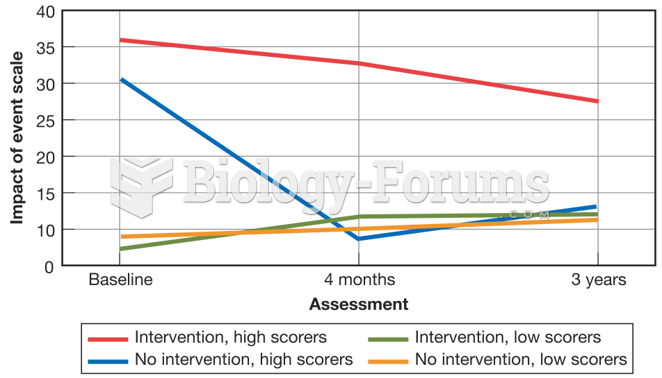This topic contains a solution. Click here to go to the answer
|
|
|
Did you know?
Asthma attacks and symptoms usually get started by specific triggers (such as viruses, allergies, gases, and air particles). You should talk to your doctor about these triggers and find ways to avoid or get rid of them.
Did you know?
Limit intake of red meat and dairy products made with whole milk. Choose skim milk, low-fat or fat-free dairy products. Limit fried food. Use healthy oils when cooking.
Did you know?
The FDA recognizes 118 routes of administration.
Did you know?
Medication errors are three times higher among children and infants than with adults.
Did you know?
Increased intake of vitamin D has been shown to reduce fractures up to 25% in older people.







